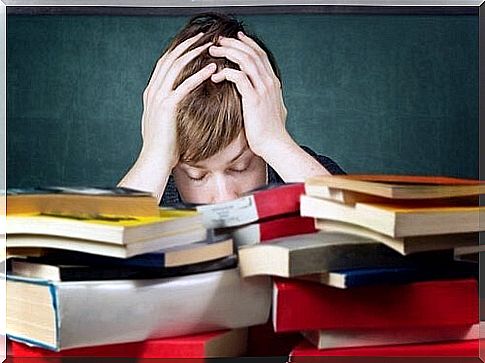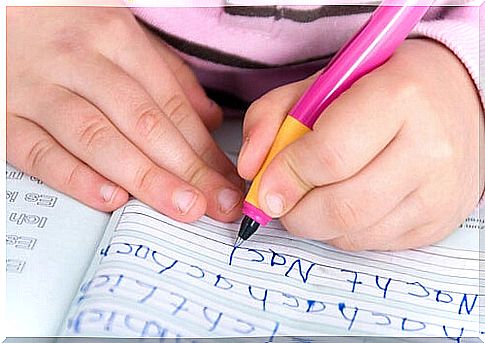How Dyslexia And Dysgraphia Affect Children?

Dyslexia and dysgraphia are among the specific disorders of the development of school skills. The first affects the reading process. The second causes problems with written expression. But you don’t have to worry. Your child can overcome the aspects that can influence it.
Several psycho-pedagogical texts explain that the practice of reading has a decisive and general influence on language skills. Reading promotes the acquisition of vocabulary. And it speeds up verbal reasoning. Therefore, dyslexia generates opposite effects.
Dyslexia can affect more than just reading, as it can also lead to problems with writing, speaking, math, and social skills.
For this reason, and especially at school age, some children with this disorder have a lack of self-confidence. They feel that they are different from other children. They worry whether they are intelligent or not.
However, scientific studies, including those published in the journal Enfoques Educativos ( Spanish link ) , confirm that dyslexia is a specific difficulty independent of intelligence. Therefore, a child can be dyslexic whether very smart or not. The dyslexia category only identifies a lack of reading skills.
To boost your child’s confidence, encourage them to choose activities that strengthen their abilities. They could practice these activities after school. Doing well in some area can help them build confidence and self-esteem.
As Mark Griffin, founder and principal of Eagle Hill School, explains in an article (Spanish link), experts have found that many people with dyslexia have difficulty distinguishing or separating sounds in spoken words. Some children have trouble pronouncing unfamiliar words out loud.
How Dyslexia and Dysgraphia Affect Children
Griffin says it’s not uncommon for children to have dyslexia and dysgraphia at the same time.

Handwriting
Children with dysgraphia may have trouble handwriting, organizing their thoughts on paper, or both.
According to Adelfo Tapia Pavón, dysgraphia refers to individuals who misinterpret, omit, merge, and/or invert syllables or letters when writing. This condition also impairs the ability to understand language expressions, such as sarcasm.
But to enjoy humor, for example, sarcasm is not necessary. You can therefore very well watch a movie or a program with your child with understandable humor and direct language. Laugh and enjoy together, then you can talk about how funny the show was afterwards.
Keep in mind that writing can be a slow and difficult process for children with dysgraphia. So forcing them to write can cause anxiety.
You can help manage this situation by doing a journaling exercise or other activities that develop the habit of writing. Remember that every individual who is disadvantaged in something deserves help, understanding and respect. This is enough, but often it is not what they receive.

Skills That Can Affect Dysgraphia
Fine motor control: Dysgraphia can affect the ability to coordinate small muscle movements of the fingers and other parts of the body.
This can make it difficult for them to perform tasks such as tying shoelaces, tying buttons, and handling scissors.
They also have trouble holding a pencil properly, holding it comfortably in the hand, and writing without getting tired.
Visual processing: This condition hinders the ability to distinguish patterns, colors, and different shapes.
Children with this condition find it difficult to separate words, letters, shapes, and numbers.
They also find it difficult to write on or between the lines, to draw numbers, letters and shapes in the correct proportion and size, and to draw and read maps.
Planning and organization: In this regard, it is difficult for them to organize and coherently organize their thoughts, in writing.
Memorizing important information and important details to write down, coming up with words to write, as well as using proper grammar and syntax while writing is also a challenge.
However, these skills can be learned with time, dedication and the help of educational psychologists.









